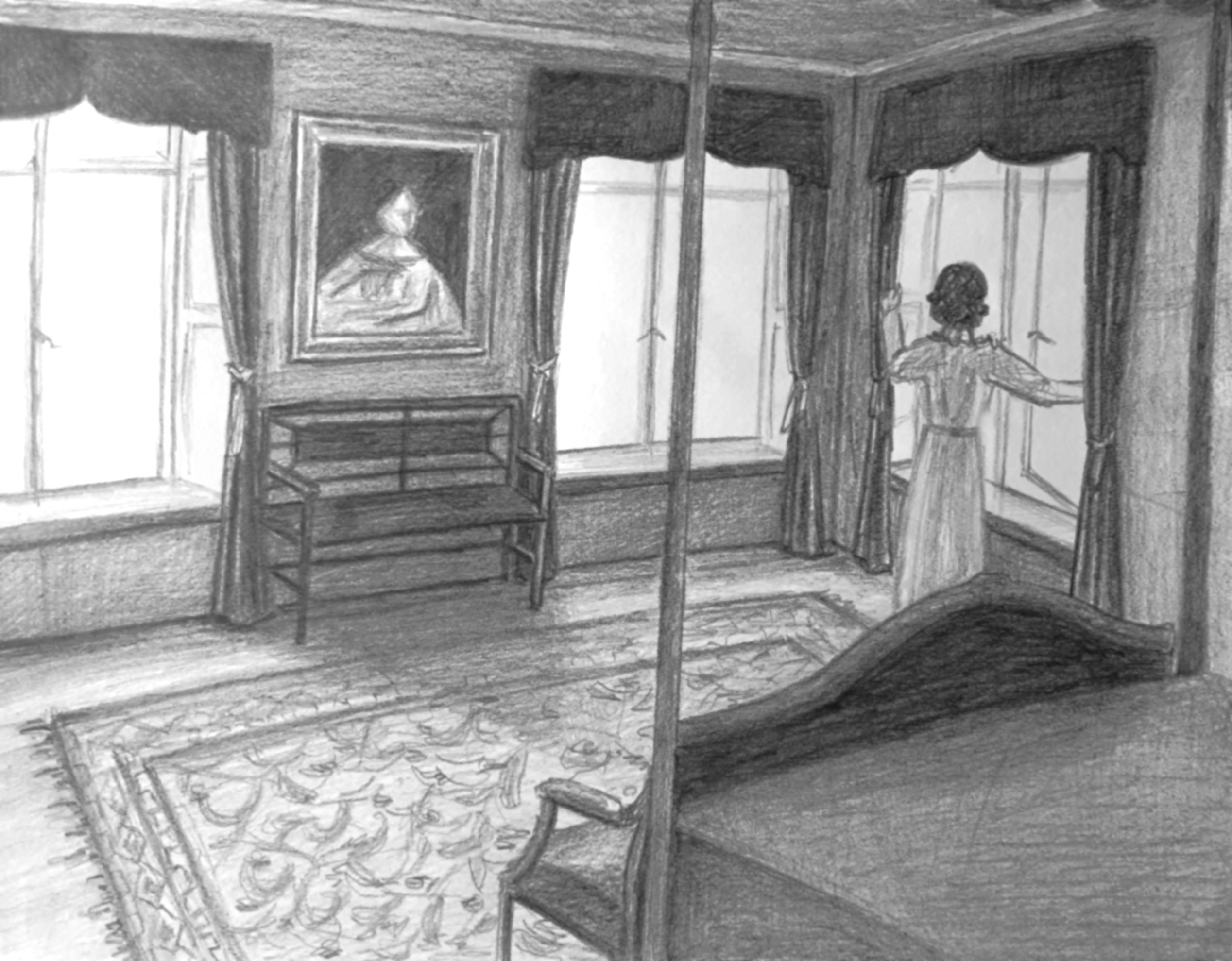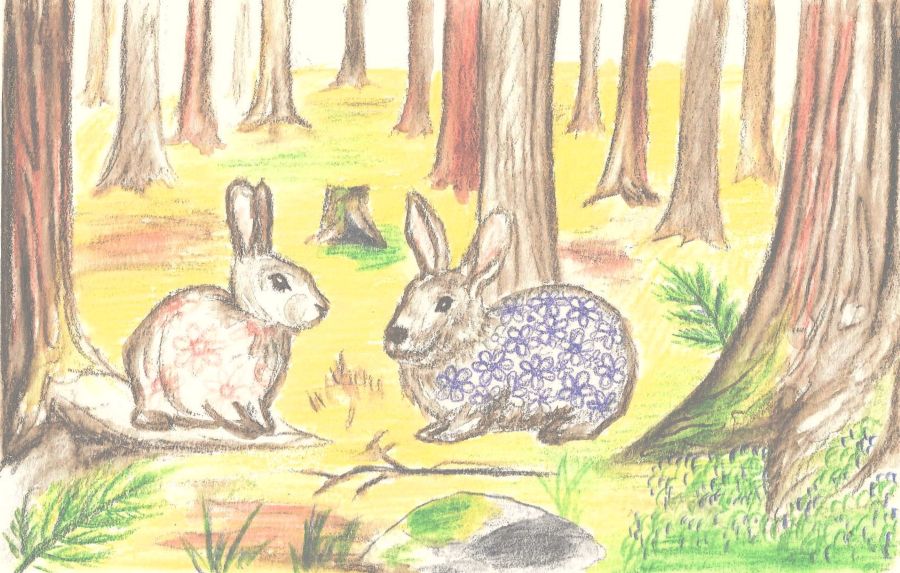Can you be controlled by a house? Many literary works and movies pose variations on this question. In May Sarton’s “A Shower of Summer Days,” location is truly everything.
This short novel takes place mainly in and around an old estate in the Irish countryside, which viewers of Downton Abbey are sure to continually picture as Highclere castle. The house, called Dene’s Court, has been mostly empty for a few decades. Each character to enter it in the story approaches it differently, with their own memories and emotional baggage.
Annie Ryan opens the house up when she learns that the owners, Violet and Charles, are returning to Ireland after having lived in Burma for twenty years. Annie had been the housekeeper since Violet was a child. Called out of retirement and dealing with severe arthritis, Annie is nevertheless intent on going back to Dene’s Court, which is filled with happy memories for her.
“She was overcome now with the enormity of what she had undertaken, the huge house, empty all these years, damp everywhere. Yet the house was a friend; she had been cook there for almost half a century, all told. More even than Miss Violet, the house and her feeling for the house had made her answer as she did without hesitating. She couldn’t bear even to imagine a stranger in her kitchen, someone who would not know how things had always been done, someone who would not see the glory of it for the mildew, someone who could not people it with the children now grown-up, with the parents and grandparents, now dead.” (5)
The house exists in the present, but for Annie the context of the past is what gives it beauty and life. She was a part of sustaining that life, and it is distressing that someone else would look at the physical space and judge it for its faults rather than for what it nourished.
Violet Dene Gordon is returning to the house where she spent every summer of her childhood, and which she now will preside over as an adult for the first time. Every aspect of the house contains layers upon layers of memory and emotion for her, as well as representing her responsibility to continue the legacy of her ancestors. Violet has a strong sense of order and ritual, and is preoccupied with establishing the ritual of the first day in the house to serve as a model for their life. She is constantly battling the ghosts of the house, trying to live a life not just in their shadow. Going through the house for the first time upon returning, Violet views each room as a place to conquer, as if the past will not make room for the present. After looking around the master bedroom, which the two of them will now occupy instead of her parents and grandparents, Violet thinks
“It was an immense relief to know that they would come back here now to find themselves, would come back already to their own past.” (25)
She carries this tension through their first full day there, hoping to guard against future unhappiness by having a day where everything goes well, which can serve as proof that she can be successful here. She only has models of her predecessors succeeding, which intimidate rather than console her.
Charles has been to the house a few times before, but of course is not as immersed in it as Violet. Violet occasionally looks at him enviously because of this.
“He could move freely about because he was not stopped at every step by memory. He could stand as he was doing now at her grandfather’s desk without having to displace first the shadow of that monumental man who at any moment ( so Violet felt ) would turn and give a loud roar.” (20)
“He did not have to catch his breath as he opened a door, or pause lost in thought on the landing as the blue mountains showed themselves on a fine day.” (44)
Some tensions arise in their relationship as the couple moves through the space experiencing it so differently. Charles wants to be told the stories of the house, and Violet has only fragments. She has her own memories, and bits of family lore which people happened to tell her, but she is frustrated by Charles’s quest to see it as a linear, logical chronicle.
Even though the house is not an emotional obstacle for Charles in the same way that it is for Violet, as the new manager of the estate he does have to figure out how to work with it. He is at the whims of the weather for crops and building, and has to find out whether his enthusiasm is enough for him to succeed in a role for which he has little experience.
The newcomer to the house is Sally, Violet’s niece. Raised in the United States, Sally has never been to Dene’s Court. Sent there for the summer by her parents in order to interrupt a romance, Sally is set against the house and the whole scene from her arrival. The conflict is existential to her:
“In no way must she yield to these surroundings if she was to keep hold of her real self.” (73)
“She was obscurely aware that any regular rhythm of life creates a spell and ends by taming one.” (89)
She views Dene’s court as a prison instead of a home, and her outsider’s perspective brings up Charles and Violet’s insecurities about the house, themselves, and their relationship.
The whole book is a little dream, full of miscommunication and nostalgia. The house looms like a stage set, and the characters are aware that they are behaving dramatically, yet cannot help themselves. Never just a backdrop though, the house and its surroundings pull out moods and griefs from the characters. The house becomes the medium through which the characters can interact, channeling their feelings first through it before directing them at each other.


